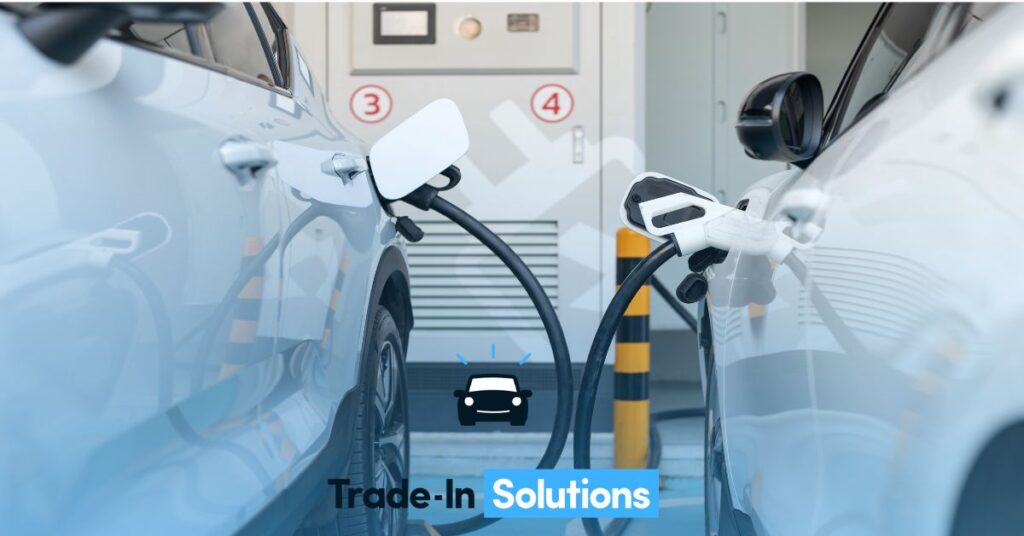As the electric vehicle (EV) industry propels towards a sustainable future, it encounters significant challenges. Let’s explore the four major hurdles currently facing the EV sector.
Charging Infrastructure:
- The widespread adoption of electric vehicles hinges on a robust and accessible charging infrastructure. While progress has been substantial, the development of charging stations lacks uniformity globally. In some regions, the need for more charging points persists, and standardizing charging methods remains a challenge. Bridging this infrastructure gap is vital for inspiring consumer confidence in making the switch to electric vehicles.
Battery Technology and Range Anxiety:
- Despite advancements in battery technology enhancing EV range, “range anxiety” remains a concern for potential adopters. Consumers worry about the limited distance an electric vehicle can travel on a single charge compared to traditional vehicles. Continued research and development in battery technology, coupled with expanding fast-charging capabilities, are essential to alleviate these concerns and bolster consumer confidence in EVs.
According to a CNN Business publication, major automakers, including BMW, GM, Honda, Hyundai, Kia, Mercedes-Benz, and Stellantis, have joined forces to install about 30,000 chargers across the United States and Canada. Furthermore, every major US automaker has agreed to switch to the same charging standard used by Tesla.
Affordability and Market Accessibility:
- The upfront cost of electric vehicles, particularly high-quality ones, tends to be higher than their gasoline counterparts. While total ownership costs are often lower due to reduced operational expenses, the initial investment remains a barrier for many consumers. Governments and industry stakeholders must collaborate to implement incentives, subsidies, and supportive policies, making electric vehicles more affordable and accessible.
Complexity of Tax Credits:
- Despite government efforts to stimulate the EV industry with tax credits, complexity, and confusion surrounding the process, discourage potential buyers. The rules depend on factors like the car’s origin, battery origin, buyer’s household income, and car models and years. Simplifying these regulations could encourage more buyers to embrace electric vehicles.
Tesla’s Influence:
- While Tesla has reduced vehicle prices, industry experts emphasize that it doesn’t signify trouble for the company. According to automotive industry expert Abe Bijari, Tesla remains the leader in the EV industry, adjusting prices as part of its strategic business moves.
Despite these challenges, the EV industry has made remarkable progress. Continuous innovation, collaborative efforts, and a commitment to sustainability are propelling forces that will shape the future of electric mobility. By addressing challenges head-on, the industry is poised to overcome obstacles and pave the way for a greener and more sustainable transportation landscape.
Trade in Solutions (TIS) has more than 17 years of experience in the business. Our reputation can be measured by our clients’ reviews on Yelp and Google.
TIS provides a convenient and hassle-free alternative to private sales with a professional operation and competitive offers. However, the client has the last word.

